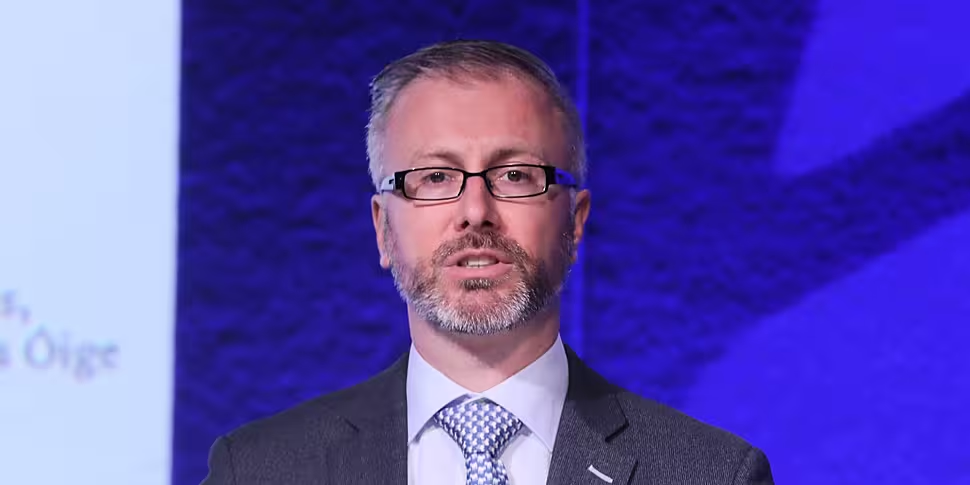It will be 'very difficult' to end Direct Provision here by the end of 2024, the Minister for Integration has said.
Roderic O'Gorman has said the Government is to instead focus on what can be achieved this year and next.
A long-promised White Paper on ending the 'expensive and inefficient' Direct Provision system was published back in 2021.
It included a plan to phase out and replace the system by the end of next year.
Minister O'Gorman told The Pat Kenny Show this now looks unlikely.
"Undoubtedly the dual impacts of the war in Ukraine, and the very significant increase in the number of applicants, has put real pressure on the accomodation system and that's what we're witnessing at the moment," he said.
"I think we have been able to advance other elements of the White Paper, particularly in terms of the integration supports for people here.
"I think the objective of having all Direct Provision closed by the end of 2024 is extremely difficult to achieve in light of the dual impacts of the war.
"I think it's very difficult to achieve.
"What we are looking to do early this year is bring forward an implementation plan in terms of what key steps can we deliver in 2023 and 2024."
Kerry knife attack
Minister O'Gorman said he believes a knife attack at a hotel in Co Kerry, being used as a Direct Provision centre, was an isolated incident.
"I spoke to the Minister for Justice Simon Harris about the incident last night," he said.
"Ensuring the safety and security of the residents and indeed the staff of Hotel Killarney is an absolute priority.
"In conjunction with An Garda Síochána, we'll be taking measures to ensure that in the immediate term".
He said men are as entitled as others to seek protection here.
"It is a serious incident, I think it's also important to say it's an isolated incident, in the context of providing accomodation to about 19,000 international protection applicants and 54,000 Ukrainian displaced persons," he said.
"We're facing the largest humanitarian challenge our country has ever witnessed.
"In terms of international protection applicants, I think you'd be talking maybe 55% to 60% would be single male applicants.
"That's not surprising in the context of people fleeing war.
"Men are victims of war, men are conscripted into armies, men are victimised in terms of torture, in terms of political persecution around the world.
"Men are as entitled as woman, or as indeed families, to seek international protection," he added.









